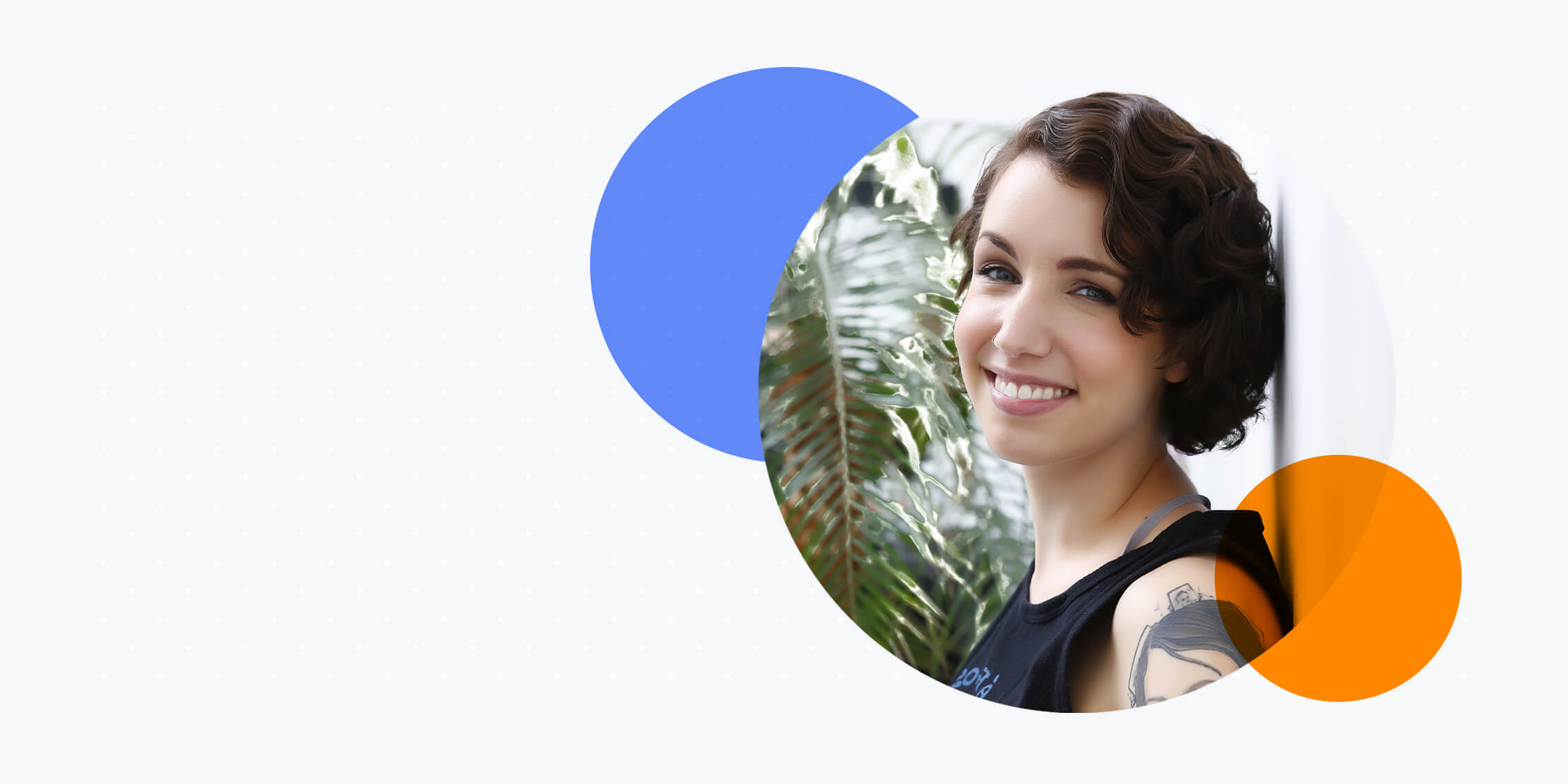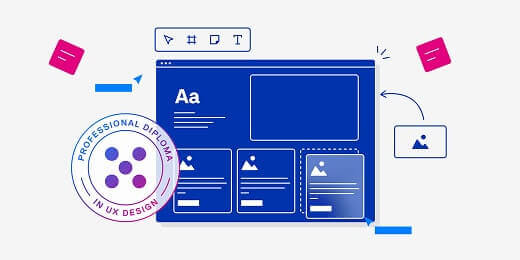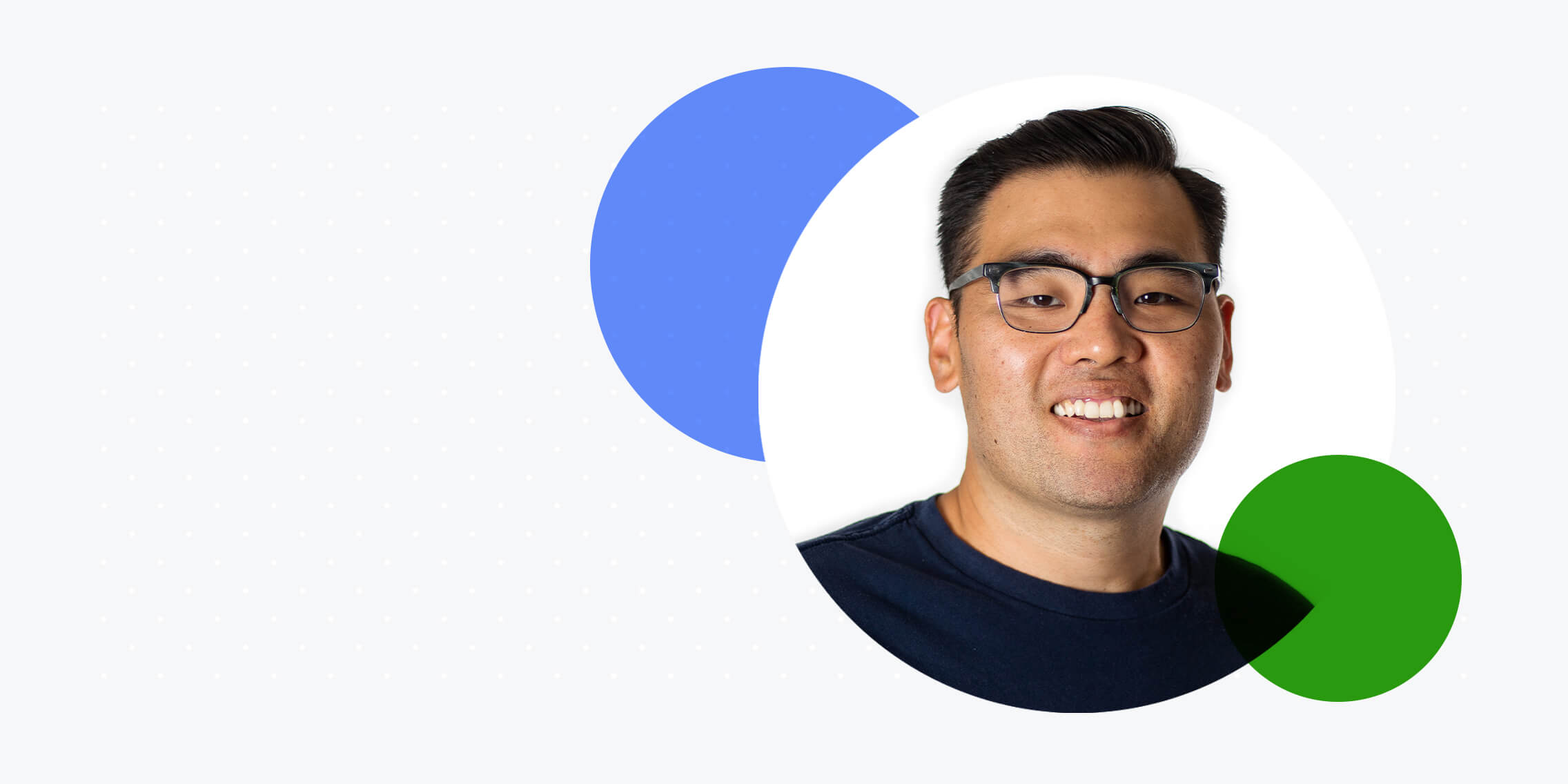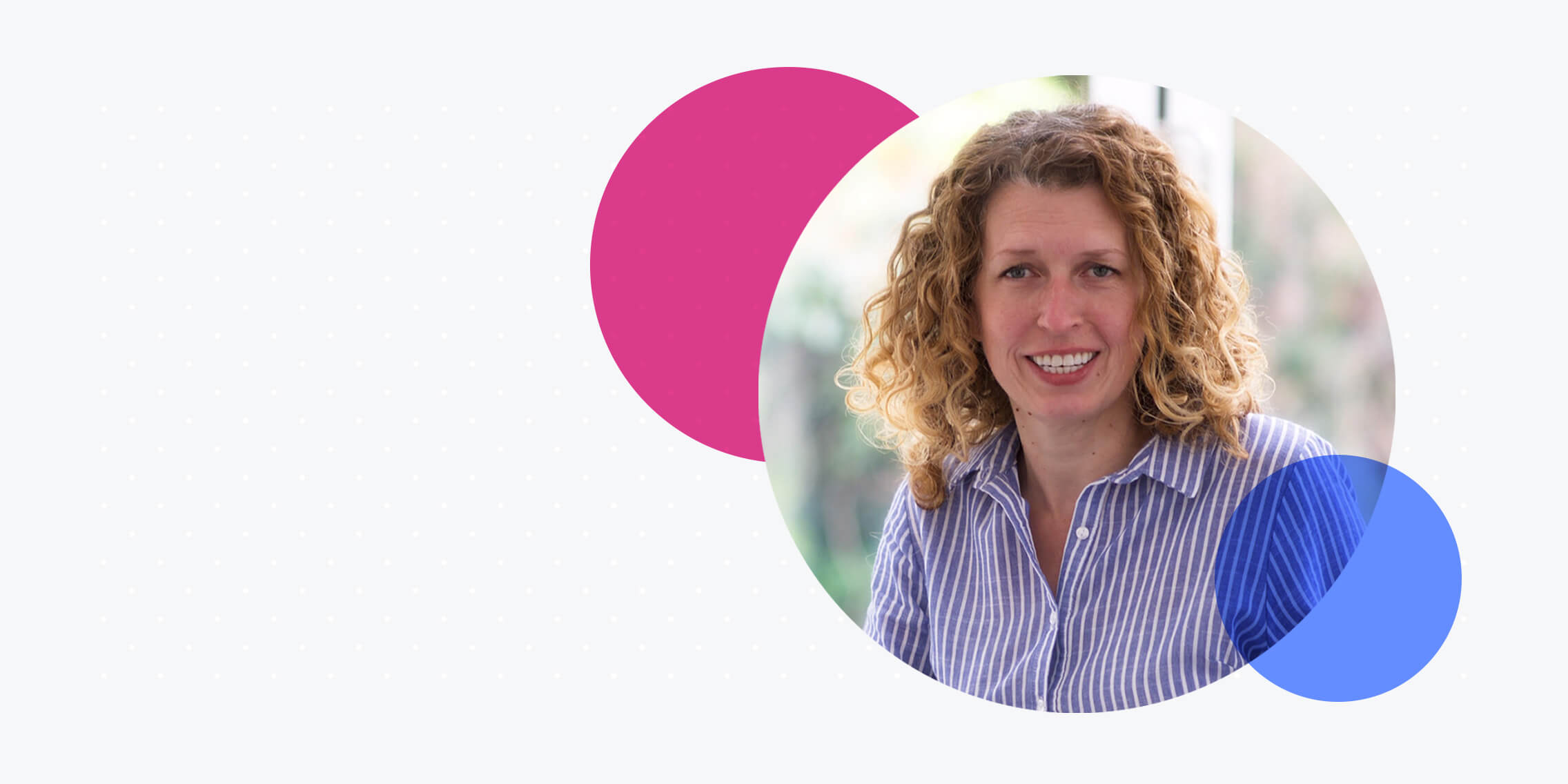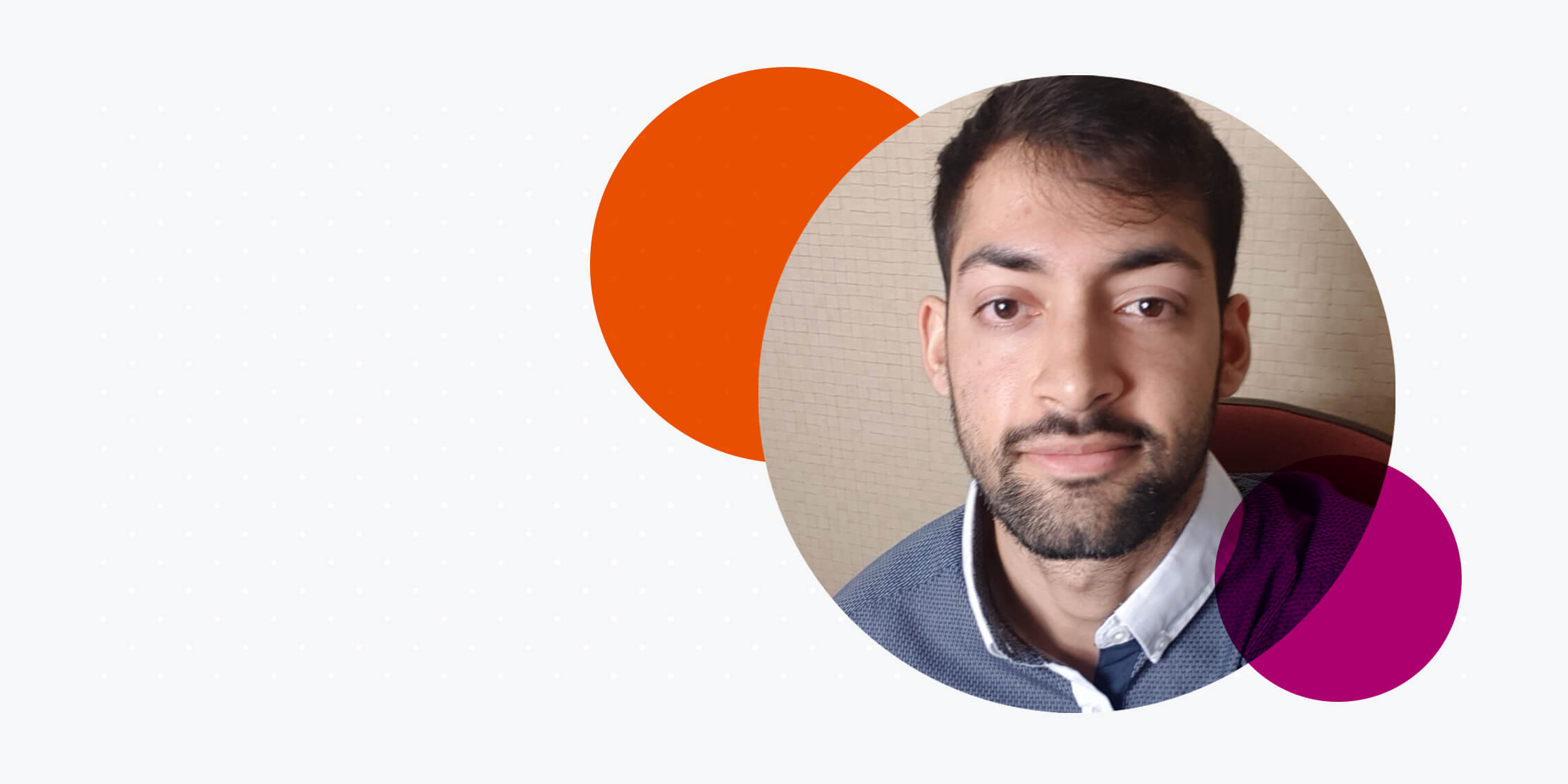With a background in international development and a passion for helping people, UX was a natural career move for Cassandra. Before completing our Professional Diploma in UX Design she worked in a number of varied roles from operations manager to yoga teacher.
What’s your career background?
I studied international development and I did a Master’s in that at Oxford.
I knew that I wanted a career where I could help people in some way.
I thought given my background in development that the charity sector would be the way to go, and that’s where I started out. I was working in operations but I realised that it just wasn’t specialised enough for me. I wanted a more challenging career that really required specialist knowledge.
What brought UX on your radar?
I’ve always been really, really interested in the mundane things that people do; how they interact with the world, how they make sense of things around them, and build relationships. My degree is in development studies with a focus on anthropology.
I loved the research element of my studies and I knew I wanted to work in something along those lines. My partner suggested I pursue UX because it’s so heavily research-based. I looked into it and decided UX was what I wanted to do.
What research did you do into different UX courses?
I did a couple of courses online for free but I found that they weren’t enough. I also spoke to UXers from my extended network about their experiences and training. A lot of them told me that you didn’t need a degree but you absolutely need a portfolio. I tried doing YouTube videos and learning the process myself but I got nowhere. I needed a lot more hand holding and structure.
The UX Design Institute gave me the support and portfolio I needed to move into UX, at the best price point.
How was the course content coming from a non-design background?
The content itself was easy to understand. The videos were really good and I read a lot of great books to complement what was being said.
Sometimes it was a little intimidating being on the course with people who had more experience with visual design but you really get better at those elements as you go.
I struggled at first with Figma but I got better. And I’m glad I did, because the agency I now work at uses Figma. So I was able to go in saying I already understood the software. The tools are relatively intuitive and I think once you know one of them, they’re pretty interchangeable.
What were your favourite and least favourite elements of the course?
I really liked the usability testing, and actually getting to apply it. I’ve very fond memories of doing those usability tests. I worked for an organisation called Young Enterprise while doing the course so I asked them if I could do some UX stuff for them.
It meant that while I was doing the course work, I was also working for this charity doing the exact same thing but on their marketplace site. I ended up doing about 10 tests for the different sides of the site. I really enjoyed that.
My least favourite was working on user flows. Customer journey maps are something I still find challenging as they can take up so much time.
How did you find the level of support during your studies?
I liked that I could get in touch with people really, really quickly. So I feel like I got to know some of the staff really well, particularly the student success team. I thought the mentor was really good and I always submitted my stuff for review, even though I was a bit embarrassed in the beginning. He was always gentle saying what was good and what needed work. I enjoyed that.
Slack was great for getting in touch with the UX Design Institute team and it’s nice to have that familiarity with Slack because everyone uses that in tech. It’s good job preparation.
Can you describe your experience of building your portfolio?
I ended up with a such a solid portfolio; I felt really good about it. When I showed it to other UX designers to get feedback, they were really impressed with the depth of it.
Building the portfolio was very rigorous and that really helped with the job hunt.
And because I was mirroring the course exercises with the charity marketplace, I ended up with even more to show.
What was the job hunt like?
I applied to lots of different places. And actually, I was devastated at the time because I got a few rejections after making it to the final two. Then the role at Pomegranate came up, I was invited for interview and within a couple of hours, they made me an offer. I’m really happy where I am now.
Did the course contribute to you getting your job?
Yeah, absolutely. Having the portfolio to show a body of work was probably the biggest thing.
Having the structure was really valuable for me; someone to hold your hand through the process and give you that direction. There’s so much online about UX, it’s free everywhere but it’s all over the place.
It’s totally inconsistent because there are so many different ways of doing things.
I’m still learning loads now but I have that structured approach. I’ve done so many things within UX and I’m very familiar with lots of different methodologies now. I was able to start my job already familiar with Figma and Slack which was so helpful.
Did the course help you speak about your work more confidently?
Yes because the course really explained why we do things. I felt like I was an imposter when I started my role first so it was good to have the structure and UX process to lean on.
What’s your favourite part of your job?
Definitely the research elements. I’m really enjoying the lab side of thing too. I recently worked on a research print for a YouTube star which has been really, really fun. I was given free rein to do loads of research and really dig into the analytics. I’ve been doing lots of usability testing and interviews, competitor reviews, and all of that. It’s been really exciting!
Would you recommend the professional diploma?
Yeah, I’ve recommended it to loads of people, actually. I get people reaching out to ask me about the course and I always tell them it’s really worth the investment!
Who do you think it’s most suited to?
I think the course is suitable for both people interested in the research side and the visual design side because you look at both throughout the course. I think it needs to be people who are happy to take the initiative to do their own work. It definitely worked for me, coming from an academic research background.
What advice would you give to someone who’s considering taking the course?
Do it! It’s definitely worth it. For me, it meant being able to get into a job within months of graduating.
I finished in October and started my first job in January. So it was really quick.
There’s a nice supportive vibe in the UX community for people coming in which is great. I would say use as much of that as you can, find someone who’s willing to mentor you and offer advice. There’s a lot of help out there so don’t be afraid to ask for it!

